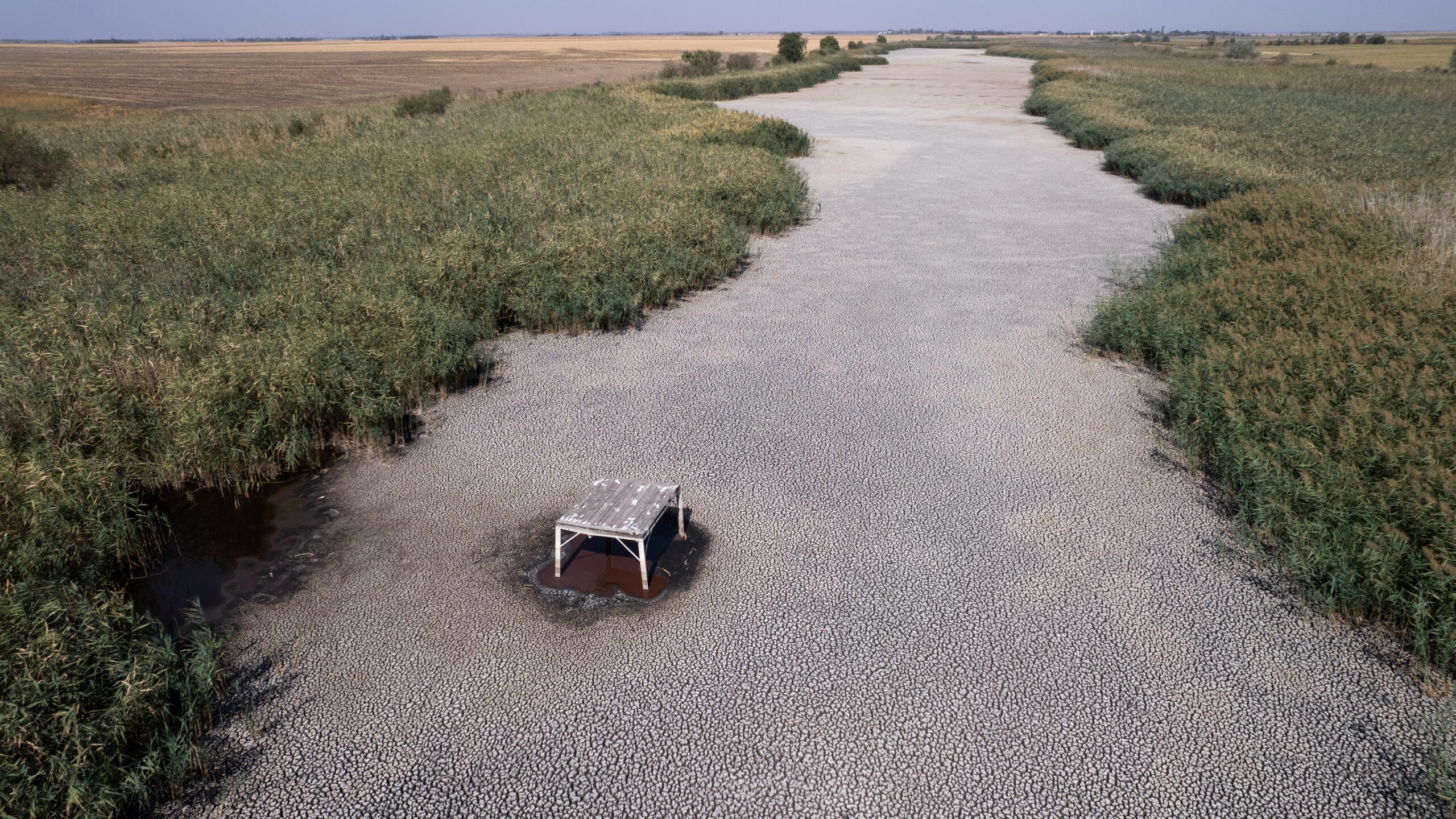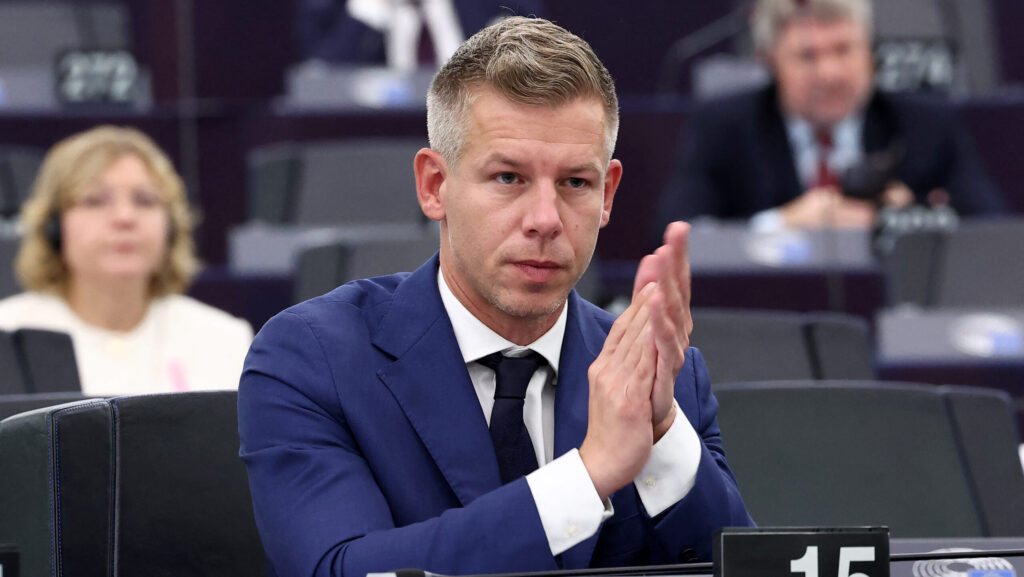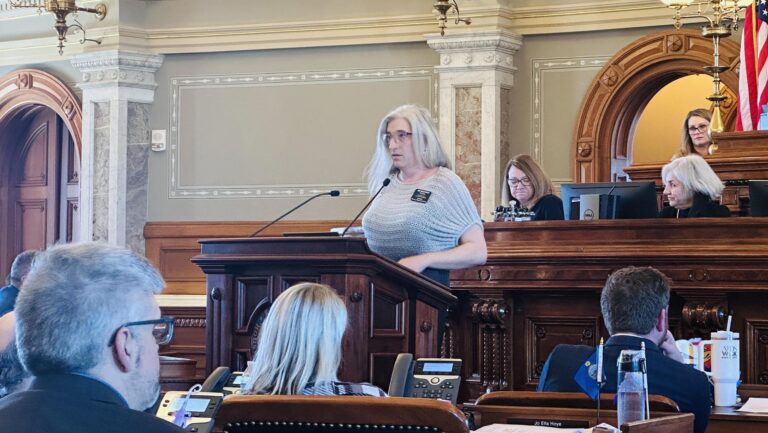The Hungarian government is significantly expanding its support for farmers as the country faces the threat of a scorching summer. Agriculture Minister István Nagy announced that the state will again cover water service fees for agricultural producers—costing nearly 10 billion forints—while accusing Brussels and the Tisza Party of trying to pass drought-related costs onto farmers.
In a Monday statement from the Agriculture Ministry, Nagy stressed that 2025 could mark Europe’s hottest summer yet. In response, Hungary has declared a drought emergency and established a Drought Protection Task Force.
While the government is working to ease the burden on farmers, Nagy condemned the Tisza Party for supporting an EU water strategy report that would impose higher costs on agricultural producers. ‘It is outrageous to see that, in this difficult situation, they would make the farmers pay for water,’ Nagy said on social media. ‘We do not support this. In fact, we are responding to extreme weather with concrete actions to assist agriculture.’
The minister detailed several ongoing and new initiatives. A total of 4.7 billion forints has been allocated to refill reservoirs, dead river branches, and canals, with eight regional water authorities implementing work at 58 sites. Additionally, dredging operations are being carried out along 109 watercourses, covering a total of 855 kilometres.
‘Every drop of water counts…Farmers can count on us in every aspect of the fight against drought’
Nagy underlined that irrigation is not just a farming issue, but a matter of public interest, forming the backbone of food security. Under the Rural Development Programme, Hungary has already supported over 1,300 farmer-led water management projects with 178 billion forints, and two new tenders will provide nearly 66 billion more. The amount of irrigated farmland has already doubled, but Nagy said the target is 350,000 hectares—and the work will continue until that goal is met.
One of the government’s key priorities is the Homokhátság region, where water scarcity is severe. Four new projects, totalling 67 billion forints, are slated to begin this year to improve the water supply in the area.
‘Every drop of water counts,’ Nagy emphasized. ‘Farmers can count on us in every aspect of the fight against drought.’
The government’s proactive stance contrasts sharply with what it sees as the EU’s and Tisza Party’s approach—one that shifts financial responsibility to those already on the frontlines of climate challenges.
Related articles:







